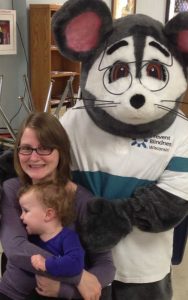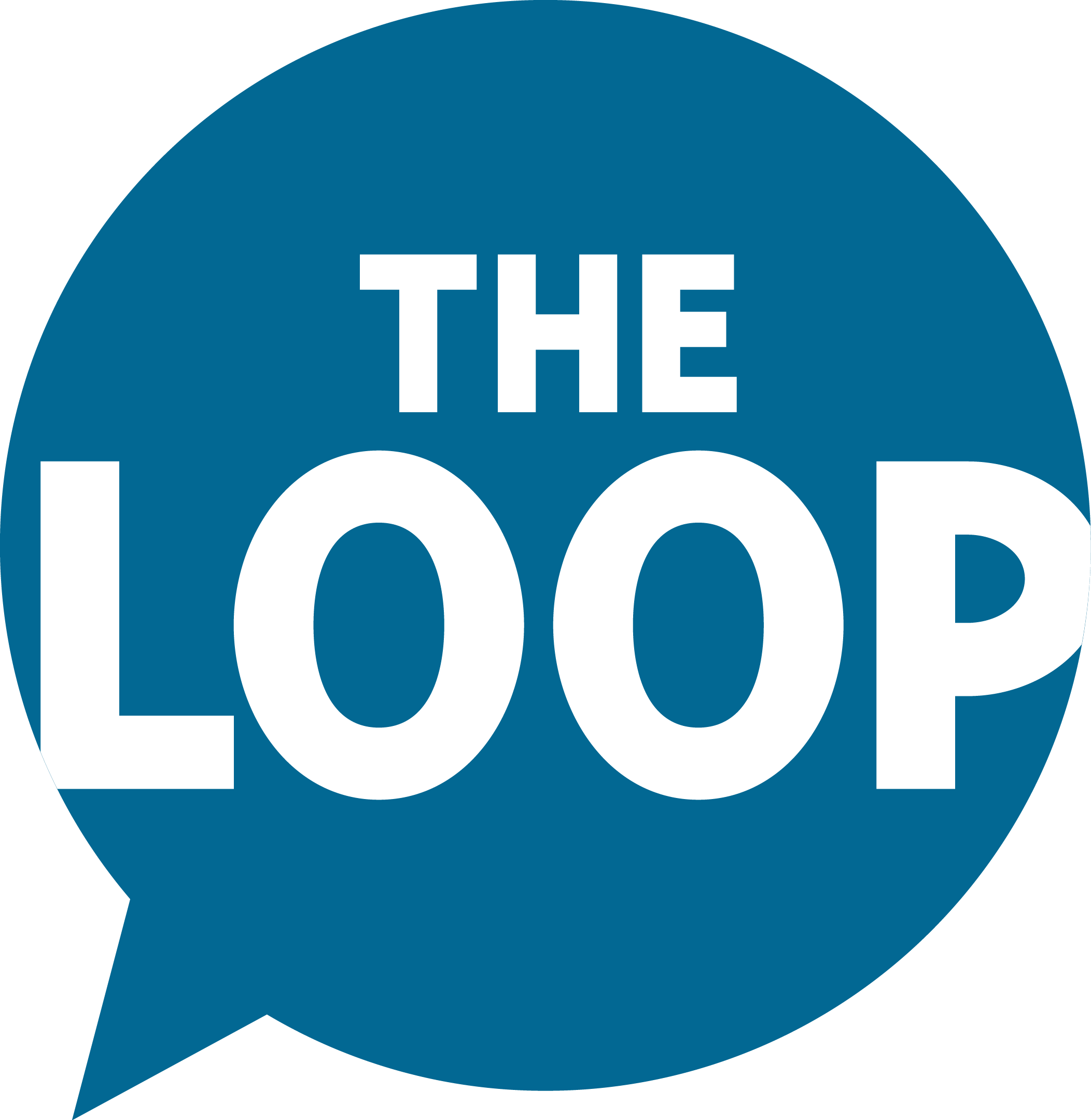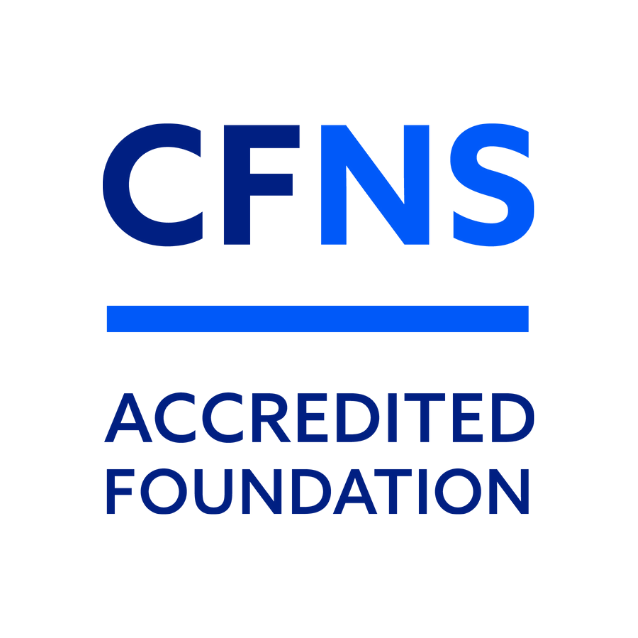Screening program detects eye disorders in preschoolers
Finding a vision problem in more pre-school students may seem an odd measure of success, but a recent partnership between Prevent Blindness Wisconsin and eight UW-Oshkosh Head Start programs operating in the Fox Cities area are celebrating that accomplishment.
 With support from a $15,750 three-year Basic Needs Giving Partnership grant, Prevent Blindness was able to train Head Start staff members to conduct more refined vision screening. The Basic Needs Giving Partnership is funded by the U.S. Venture Fund for Basic Needs within the Community Foundation from the annual U.S. Venture Open golf outing, with additional money from the J. J. Keller Foundation and other community partners. As a result of the training, UWO Head Start programs in Outagamie, Calumet and Winnebago counties increased referrals of their preschool students to eye doctors from 2% of the population before the training, to 5% after one year, and 11% in the final year of the grant in 2015. What’s good about detecting more eye disorders is many are treatable if found early. Prevent Blindness Wisconsin sees 10% referrals as ideal.
With support from a $15,750 three-year Basic Needs Giving Partnership grant, Prevent Blindness was able to train Head Start staff members to conduct more refined vision screening. The Basic Needs Giving Partnership is funded by the U.S. Venture Fund for Basic Needs within the Community Foundation from the annual U.S. Venture Open golf outing, with additional money from the J. J. Keller Foundation and other community partners. As a result of the training, UWO Head Start programs in Outagamie, Calumet and Winnebago counties increased referrals of their preschool students to eye doctors from 2% of the population before the training, to 5% after one year, and 11% in the final year of the grant in 2015. What’s good about detecting more eye disorders is many are treatable if found early. Prevent Blindness Wisconsin sees 10% referrals as ideal.
“It’s a great thing,” Julie Cordero, development director for Prevent Blindness Wisconsin, said of the results of the training.
The program tested 1,796 children ages 3-5. Seven tested positive for amblyopia, a serious eye condition in children commonly called “lazy eye.” But it is correctable and the early testing got the seven children early treatment.
A need within its own organization came into focus for Prevent Blindness Wisconsin through this program. Cordero said the organization learned how to work with Head Start programs and the special followup needs in working with lower income populations, including putting them in touch with doctors and seeing to their transportation needs.
The three-year grant has run out, but teachers and other staff trained through the program continue to conduct screenings. A state grant paid for additional training. The screening project also received a $1,000 grant in 2016 from the Jewelers Mutual Charitable Giving Fund.



Leave a Comment